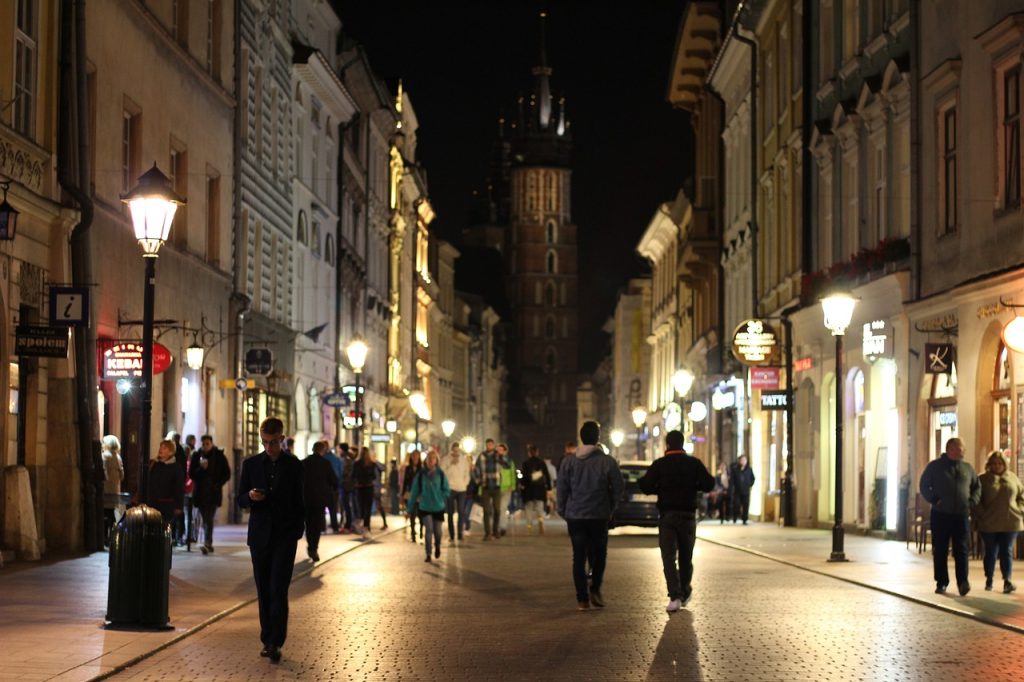Poland is paving the road with thousands of LED luminaries
In Poland, several entities are driving a Smart Energy Performance Contracting (Smart EPC) transformation.
With wide experience in the fields of designing, implementing and financing projects, including energy efficiency and renewable energy measures, IPOPEMA is coordinating the Smart-EPC piloting process.
The Krakow Public Roads Authority (ZDMK) is a municipal organisation responsible for the current maintenance of public roads, cycling and tram infrastructure. They take care of engineering facilities, tunnels and cubature facilities, manage and ensure maintenance of toll parking zones, as well as maintenance of lighting in the city of Krakow (over 72,000 luminaires).
The Warsaw Public Roads Authority (ZDM) is the municipal budget unit in charge of roads management in Warsaw. In the field of street lighting, ZDM is one of the biggest infrastructure managers in Poland, overseeing 120,000 luminaires.

Krakow and Warsaw both bring their experience
…in implementing numerous national and EU initiatives that are complementary to the Smart EPC project (e.g. street lighting modernisation and maintenance, acquisition of electrical energy and design, replacement of street lighting with LED and energy-saving counterparts). Both cities are connected to stakeholders worldwide and have been taking part in international programmes, which allowed them to discover, comprehend and implement a wide variety of practices from around the globe.
Within the Smart-EPC project, one of the main responsibilities of the Public Roads Authority in Warsaw is the management, maintenance and modernisation of almost 120,000 street lighting luminaires. Currently, only 12% of all luminaires are working on LED, the rest are mostly high-pressure sodium luminaires. The consumption of energy exceeds 80 GWh per year. The biggest challenge for the city of Warsaw with regards to public lighting is to modernise all of the luminaires with LED, which consume 65-70% less energy than traditional lamps.
The upcoming modernisation of public lighting in Warsaw also comes with the opportunity to implement new technological solutions, such as: electric vehicles charging, air quality sensors, traffic management sensors, telecommunication transmitters, etc.

What’s next?
In 2023, under the leadership of IPOPEMA, partners of the EU-funded Smart-EPC project will perform an energy audit, a preliminary analysis, and a round of consultations with market players, in the scope of setting up the tender documentation and opening a public call for pilots.
